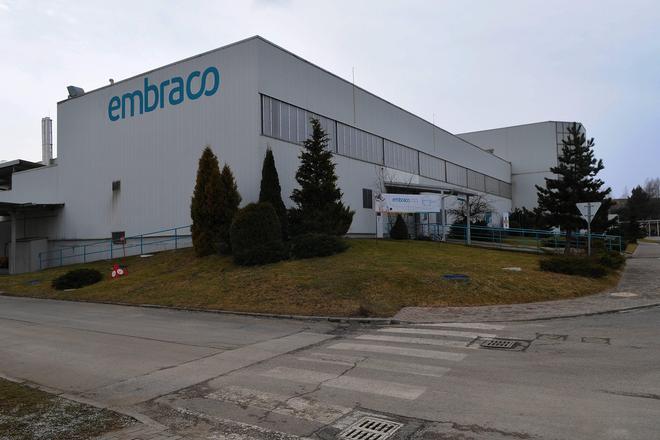“We have declared this action because we failed to agree on wage conditions for the coming year, that is for this year, with the employer,” Juraj Hojnoš, chairman of Embraco, Slovakia’s organisation of the KOVO trade union, told the SITA newswire the next day.
Workers in Spišská Nová Ves are continuing in collective bargaining at the factory which makes refrigeration compressors and condensing units. If the employer accepts their demands, trade unionists will sign the collective agreement.
“If the employer fails to make concessions and refuses to accept the legitimate demands of the employees, we will declare an all-out strike and stop production,” Hojnoš said, as quoted by SITA. He informed that the factory has some 2,300 employees.
Member of the board of the OZ (union) KOVO, Ján Šlauka, said that mediated negotiations aimed at finding a compromise failed but will be continued on January 11. The crucial requirement is a 10-percent increase in salaries and some form of summer and year-end bonus, Šaluka added for the TASR newswire.
Embraco's view
The Embraco statement reads that negotiations on salary policy for 2018 and 2019 between the management and the OZ KOVO union have had 20 rounds and are continuing, informed Anton Oberhauser of the PR department.
“Both sides have already come to a mutual agreement over several points of the new collective agreement, while further debates will focus primarily on salary policy for the next period,” the company claims.
The management’s proposal foresees a boost in the variable part of the salary which will be paid based only on the local results of the specific plant. The proposal also includes a gradual introduction of the 13th month salary in the form of an annual bonus, the company writes, adding that for almost one half of Spišská Nová Ves workers, this would mean a more than 10-percent rise in annual income against 2017 over the next two years.
The company also reports, as cited by SITA, that it is open to further negotiations and to finding an optimum solution for both sides, while also trying to keep its competitiveness and its position as a stable employer in the region.
Repeated crisis
At the break of 2016 and 2017, the union dealt with a similar situation where complex negotiations lasted for almost four months. At the beginning of December 2016 there was even a protest march in Spišská Nová Ves due to low salaries in the Spiš region. After the march the situation changed and the employer showed willingness, agreeing to an increase in salaries which satisfied the employees, according to Hojnoš. The salaries on the chart increased by six percent, year-on-year, on average.



 Embraco in Slovakia (source: TASR)
Embraco in Slovakia (source: TASR)